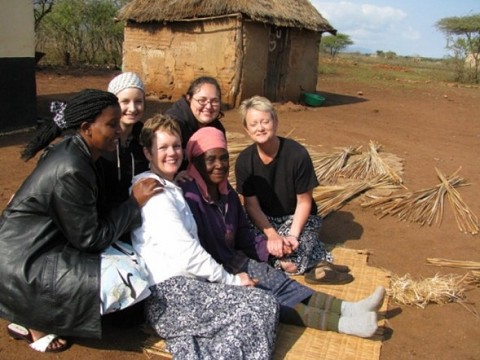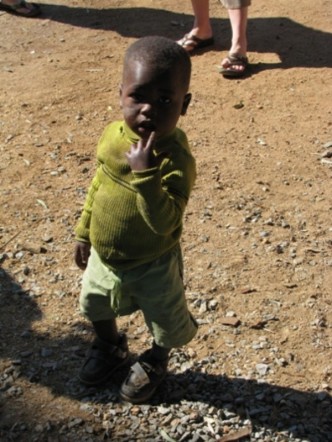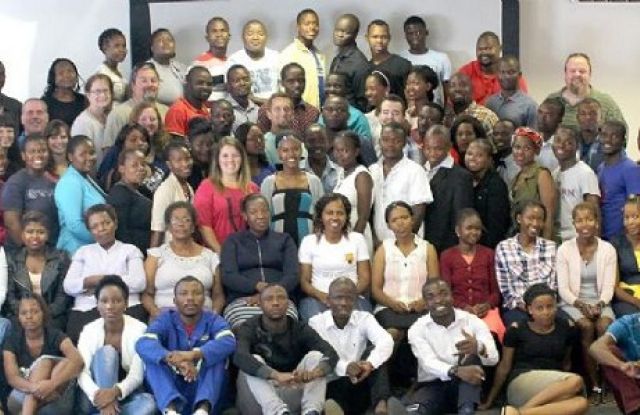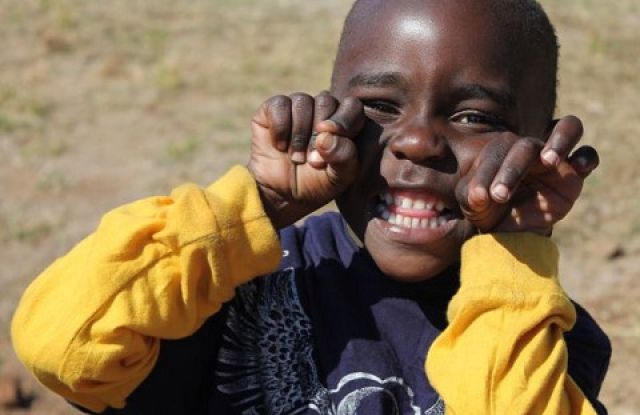

What’s to be done about Africa?
 One day while in Swaziland, we visited a grandmother named Flora who sat alone outside her hut. When we asked her about her family, she said, “All my children are dead.”
One day while in Swaziland, we visited a grandmother named Flora who sat alone outside her hut. When we asked her about her family, she said, “All my children are dead.”
We asked Flora and her mother, GoGo Nhleko, to take us to the graves of their children and grandchildren on their homestead.
They got up and began to slowly walk to that place of pain. Arriving at the mounds of dirt, they fell on their knees and wept.
How do you respond to seeing something so sacred and deeply personal? Love. Tears. Brokenness. We had prayed, “Lord, break my heart for the things that break Your heart” and it was happening. All we could do was kneel alongside them and cry and allow our hearts to break for them…and with them.
We all sang the hymn “It Is Well” more as an act of faith than a statement of reality. It is not well in Swaziland. It is broken beyond belief. Death and sickness is heavy, it is everywhere… in every family it seems.
What do you say about a country where the average age of death is 31?
A country where nearly half the adult population will get AIDS?
A country where the orphan population rose 75% in the last four years?
 Solutions in such a nightmarish place require short-term gap-filling coupled with a long view. In the last half a year, our AIM staff have established 15 care points in the area from which we provide more than 1000 children with their daily nutrition.
Solutions in such a nightmarish place require short-term gap-filling coupled with a long view. In the last half a year, our AIM staff have established 15 care points in the area from which we provide more than 1000 children with their daily nutrition.
But the grandmothers and children who have survived need so much more. What about education? Jobs? Care for the orphans? It can get overwhelming.
Into this gap of hopelessness, heroes like Jumbo & Carike Gerber and Pastor Gift have jumped.
Plans include better nutrition in the feeding programs, self-sustaining projects that promote job creation, orphanages and church planting efforts. But our most important work is just loving orphans – hugging them, playing with them, and speaking life into them.
It’s true religion. If more of us practiced it, perhaps we’d have a better view of religion.



as i read this post i can’t help but shed tears.well,am an African an it pains me to see how the scourge has devastated most of the sub-Saharan population.well,if only people would adhere to their moral values then everything would just work out fine.keep up the good work that you are doing and surely your reward is in heaven